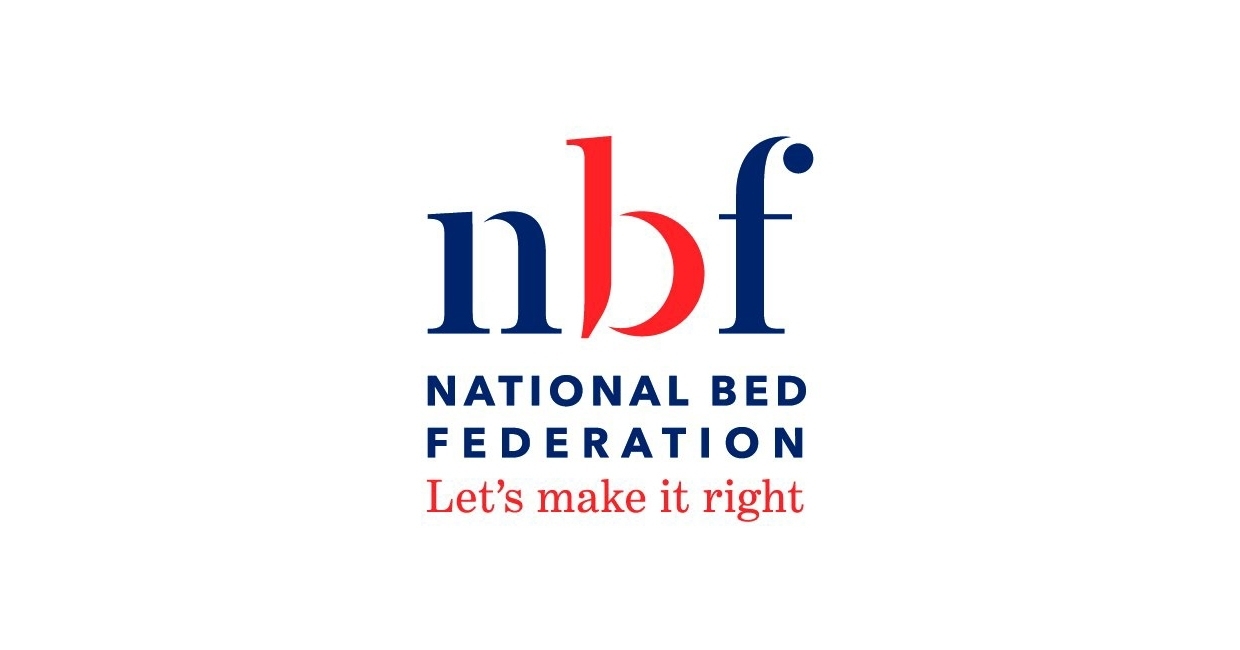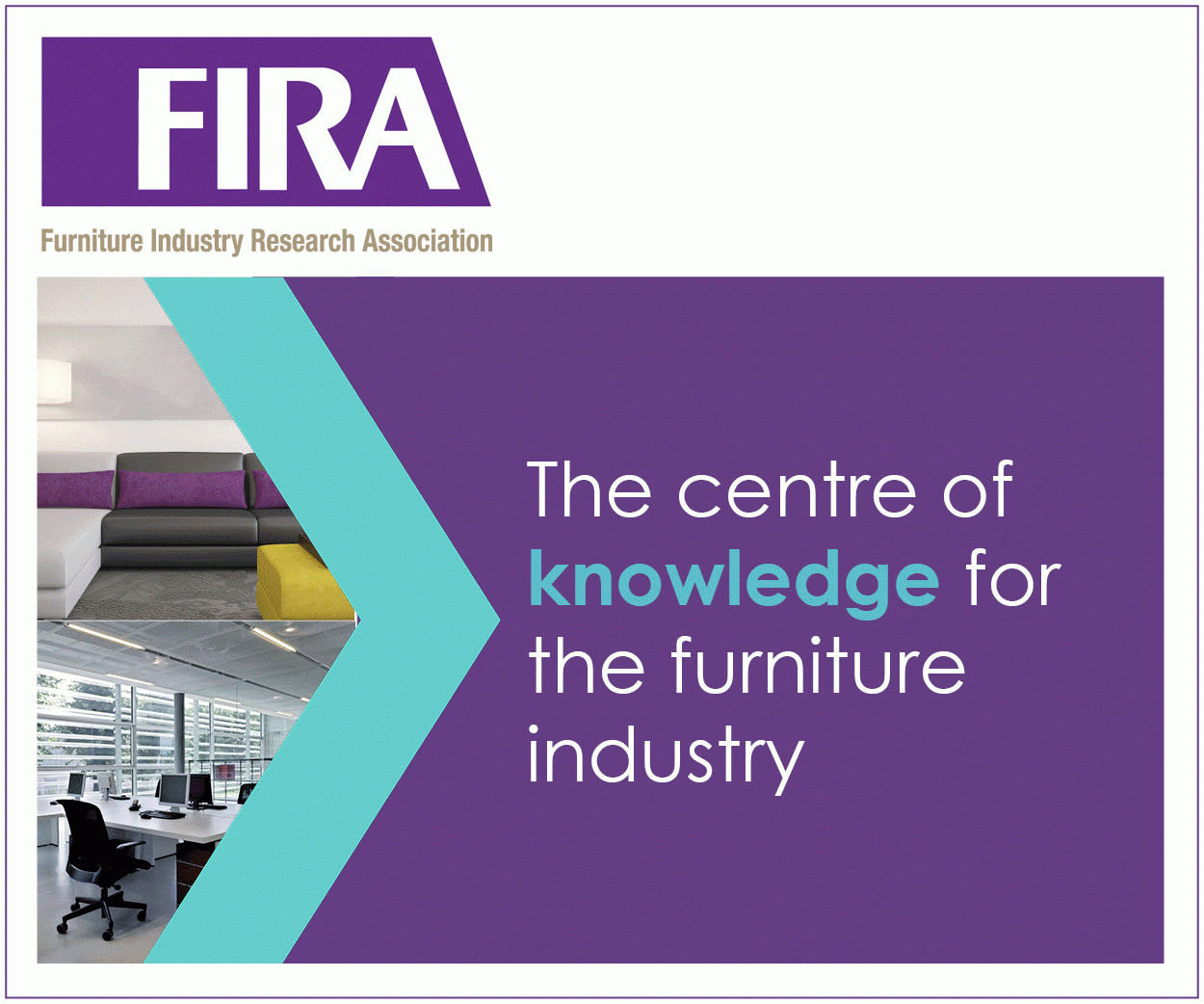With the pressure on to maintain quality standards against a difficult economic backdrop, National Bed Federation (NBF) technical adviser Tristine Hargreaves explains how the federation’s Code of Practice works, and why it matters.
The NBF encourages both new and existing members to take a ‘let’s make it right’ approach. The NBF Code of Practice was introduced in 2013, to ensure that members understood the regulations applicable to their products, and could demonstrate ongoing compliance through assessment against a robust auditing programme to a set criteria.
Compliance with the NBF Code of Practice is a mandatory requirement for membership of the NBF for manufacturers of finished products, and is a great reason to join and be able to show that the business is open to be assessed and can demonstrate it is indeed ‘making things right’.
Members are provided with full training on the requirements and criteria of the Code of Practice and have access to comprehensive guidance documents. Further technical assistance and support is available to members through the NBF’s technical partnership with SATRA Technology.
Since its introduction, the code’s criteria have been reviewed and expanded several times, to ensure key compliance areas relevant to members’ products are covered. Currently there are 10 key areas assessed, including flammability, cleanliness of fillings, textile labelling, chemical and timber compliance requirements. To satisfy the audit criteria, companies must demonstrate an understanding of the requirements and show what they are doing in order to comply.
Now reaching the end of version four of the audit assessments, 2023 will see the introduction of a fifth iteration, with the requirements currently being defined.
Regular audits ensure ongoing compliance, and this is combined with the NBF Due Diligence Testing Programme – NBF member products are purchased at random and then tested and assessed against the criteria of the code.
The Due Diligence Testing Programme is also a good indicator of how the market is performing overall, as non-member products are also selected at random for testing and assessment against the code criteria. Wherever areas for improvement are identified, the NBF will work together with their members to ensure they are supported in their continual improvement.
All the results for the testing and assessment programme are shared with NBF’s Primary Authority, West Yorkshire Trading Standards.
Primary Authority is a means for businesses operating in a single sector or across multiple sites to receive consistent assured and tailored advice on meeting regulations such as environmental health, trading standards or fire safety through a single point of contact. This ensures start-ups get it right at the outset, and enables all businesses to invest with confidence in products, practices and procedures, knowing that the resources they devote to compliance are well spent.
The NBF Code of Practice scheme has received assured advice status through the NBF’s Primary Authority partner, West Yorkshire Trading Standards (Wakefield Council), which means that other local authorities must respect their advice even if they interpret the regulations differently.
More broadly, the NBF Primary Authority relationship with West Yorkshire Trading Standards means that the NBF, and its technical support provider SATRA, can be the points of contact with Trading Standards to raise specific issues or make enquiries on behalf of the industry, which is a valuable benefit of being an NBF member.
To find out more about becoming a member of the NBF, please contact Simon Williams at [email protected].








